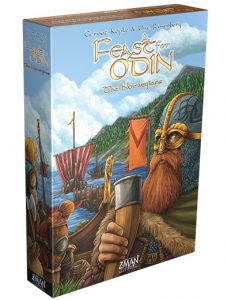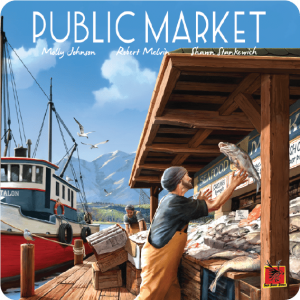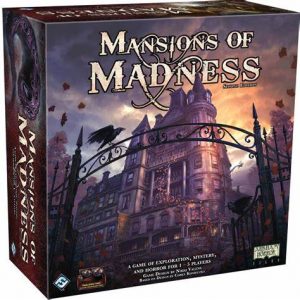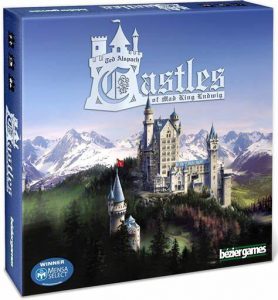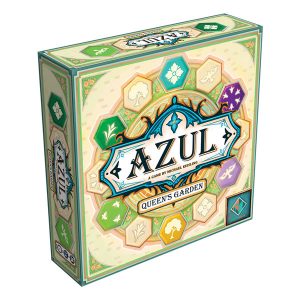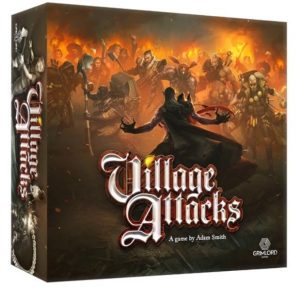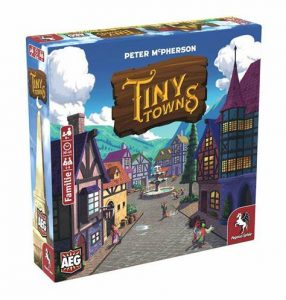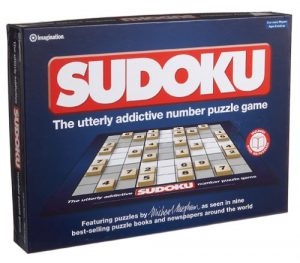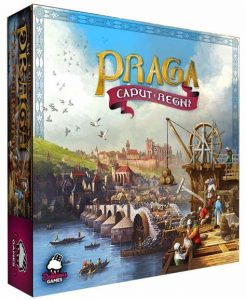
Praga Caput Regni
Charles IV has been crowned King of Bohemia and ruler of the Holy Roman Empire. From his castle in Prague, he oversees construction of new fortifications: a bridge across the Vltava River, a university, and a cathedral rising within the walls of the castle itself. Prague is already among the largest cities in Europe. King Charles will make it the capital of an empire!
In Praga Caput Regni, players take the role of wealthy citizens who are organizing various building projects in medieval Prague. By expanding their wealth and joining in the construction, they gain favor with the king. Players choose from six actions on the game board — the “action crane” — that are always available, but which are weighted with a constantly shifting array of costs and benefits. By using these actions, you can increase your resources, improve the strength of your chosen actions, and build “New Prague City”, the Charles Bridge, or city walls. You can possibly gain additional actions or even participate in the construction of St. Vitus Cathedral.
Clever players will discover synergies between carefully timed actions and the rewards from constructing civic projects as all of the mechanisms mesh together. At the end of the game, the player who most impressed King Charles wins.
Game Mechanics:
- Area Control
- City Building
- Puzzle
- Tile Placement
Game Specifications:
- 1 – 4 Players
- 45 – 150 Minutes
- Difficulty Weight 3.74
